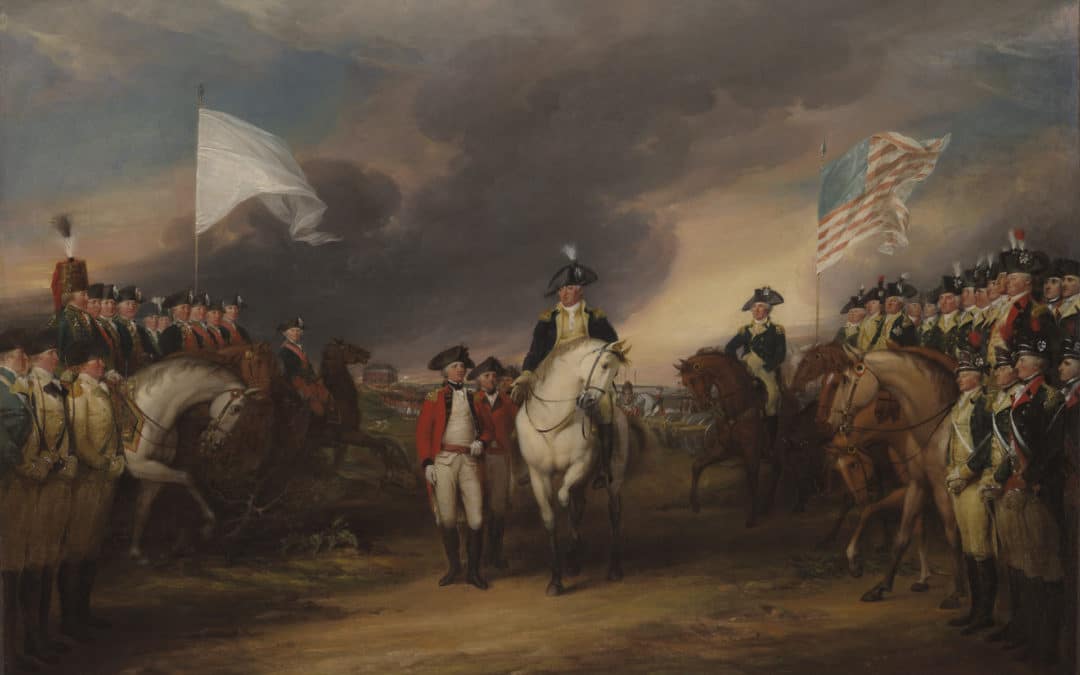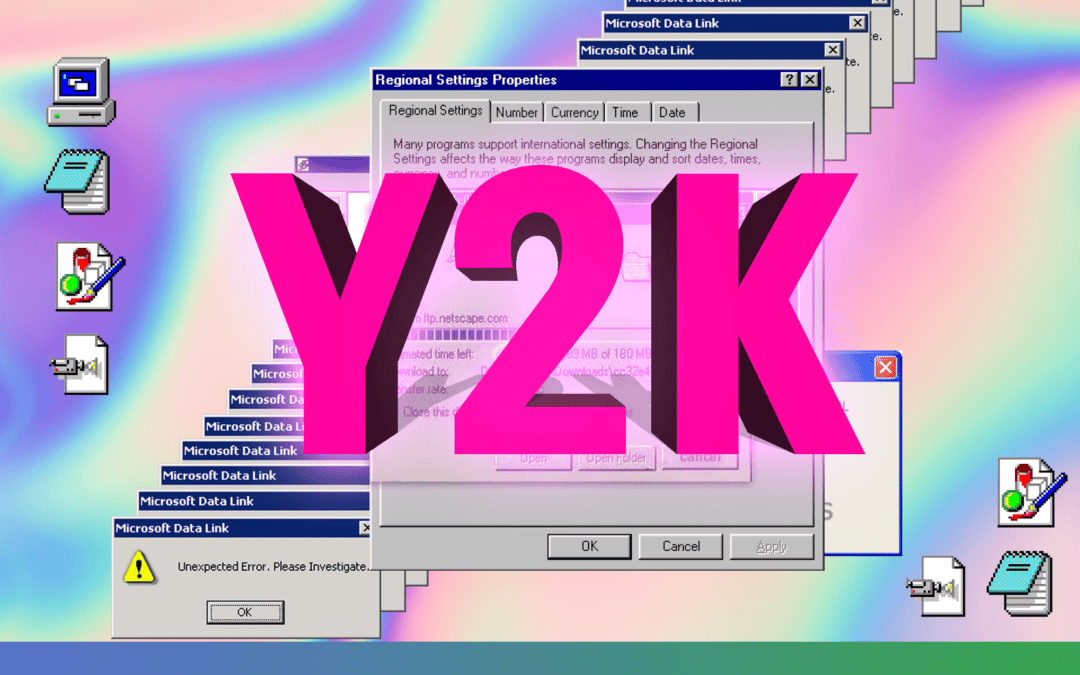Libertarians are quick to support revolutions, especially the American Revolution, as popular uprisings against a tyrannical regime. It is a narrative that allows one to believe that certain political movements are on the “right side of history." They are often rare and can be appropriate responses to improper behavior by the state, but make no mistake, revolutions are not “popular." Revolutions do not just occur anytime a state behaves in a tyrannical or authoritarian way towards its populace. If this was the case, revolts would be happening essentially every day. Plenty of authoritarian...












